1 Hour SEO | Become a Technical Marketer
$197.00 $42.00
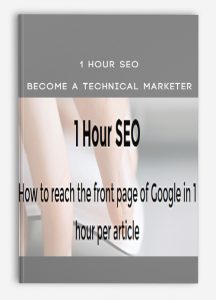
1 Hour SEO | Become a Technical Marketer
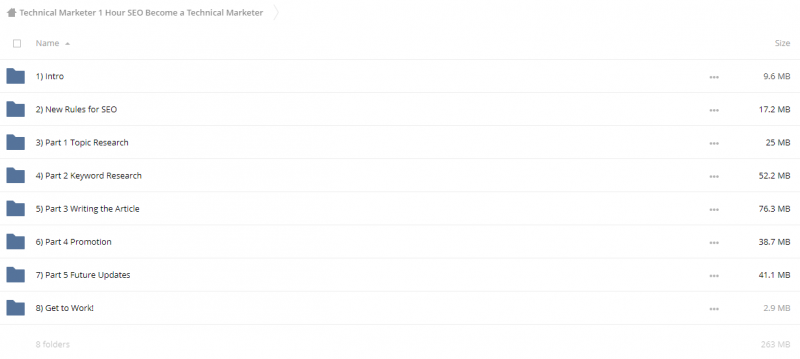
Archive : 1 Hour SEO | Become a Technical Marketer
15 months ago, I would log into Google Analytics and my traffic would look like this:
Woohoo! 85 sessions on the last day of the month!
Now when I login, the last month looks like this:
In those 15 months, I went from 1,209 monthly sessions to 270,011 monthly sessions.
Or, a 22,333% improvement.
This isn’t from spending hours and hours each day emailing people for links, blasting Twitter and Facebook, commenting on people’s blog posts, or trying to sneak links into forums.
95% of my traffic happens automatically.
I’ve never spent more than an hour, usually less than half an hour, on the promotion strategy for each article. And once that initial promotion strategy is done, I barely touch it or promote it ever again.
Despite doing no ongoing marketing, posts from over a year ago routinely get as many as 1,000 readers a day.
This is the power of 1 Hour SEO.
SEO, or Search Engine Optimization, means writing your content in a way that it gets ranked in the top few spots on Google for a topic. If it’s a topic that a lot of people search for, well, then you get a lot of traffic!
But, here’s the thing. 90% of what you hear about “doing SEO” is a waste of time. SEO blogs and experts will tell you to do all sorts of things that aren’t necessary. They want you to keep giving them money and reading their site, so they need to add a ton of complication to the topic to keep you coming back.
I’ve read all of the blogs, talked to the experts, and after doing my own experiments, I’ve discovered that SEO is 10x easier than they say it is. I know because I’ve achieved my SEO rankings by ignoring the vast majority of the advice, and focusing intently on a few, core principles instead.
And that’s led to this nice, steady growth in my SEO traffic over the last year:
Stumbling on Simplicity
How did I figure this process out? Well, mostly on accident.
I was working on growing a startup’s blog and trying to grow my blog on the side. I didn’t have the time for tons of marketing effort on my site since I had to focus on my job, so I did the bare minimum amount of SEO that I thought would still be effective. The 10-20% that would get 80-90% of the results.
Then… something weird happened. My site was getting more SEO traffic than the blog I was being paid to run. I was ranking higher, and easier, despite spending significantly less time on all of the strategies that SEO experts said you had to do.
Get 1 Hour SEO | Become a Technical Marketer on Tradersoffer.com
That led me to a realization: SEO is simple, but the industry has made it more complicated.
Think about it. If your job is to be a highly paid SEO consultant, or to get people to keep reading your blog about SEO, then you have make SEO seem more complicated than it is. Otherwise, you’d be out of business!
Once I realized that, I started ignoring all of the complex SEO advice out there and focused more on refining those vital few aspects.
It kept working. I went from 100 visitors a day to 500, then 1,000, 2,000, and now over 7,500.
Where Popular SEO Advice Fails
It’s easy to forget this simple fact: no one knows how Google works.
I don’t know how Google works, you don’t know how Google works, people who blog about SEO don’t know how Google works.
Even Google doesn’t totally know how Google works. They use such advanced machine learning algorithms to optimize their ranking process that the engineers who built them can’t entirely explain them anymore.
So, if no one knows exactly how Google ranks results, what do we know? Not much, and that’s led to lot of popular advice that we need to question.
Here’s one piece of data that comes up a lot: There is a very strong, positive correlation between articles having a lot of sites linking back to them, and their rank on Google. This would seem to suggest that if you can get more links to your article, it will rank higher.
But… it could also suggest the opposite. If you need to link something from your article, where do you go? Google, of course, and you probably use the first result you get. So what if a high rank causes more backlinks, instead of more backlinks causing a high ranking?
We simply don’t know the answer, but I would bet that there’s a bit of both going on.
Longer content tends to rank better, but what if that’s simply because a 2,000 word article tends to answer people’s questions better than a 300 word one? What other common wisdom about SEO can be explained away by confusing correlation and causation?
It’s easy to get sucked in by data analyzing high ranking articles, but they’re still just guesses. We only know a few things about Google for certain, and that’s what this strategy is based on.
The Vital Few
By playing with content on my site and other sites over the last 3 years, I’ve identified the vital few techniques that you need to do to create content that ranks on the front page of Google.
It’s surprisingly simple. That doesn’t mean it’s easy, mind you, but rather that there are very few things you actually need to do for amazing results. Like I said, I never spend more than 1 hour promoting and SEO-ing an article, and my results speak for themselves.
It’s so simple that I’ve distilled it to a checklist that I can run through (or, better, have someone else run through) for each article to set it up for SEO success. And this isn’t some crazy long checklist, it all fits on one page.
If a company were going to pay me to explain this strategy, I’d charge them $1,000+ for the time and energy it would take, and for the experience it required for me to distill the confusing world of SEO down to these core principles.
But people have kept asking me to explain how to do it, and a lot of them are friends who I genuinely want to help. There is too much bad information about SEO out there, and I don’t want you to waste time on tactics you simply don’t need to do.
And so this course was born. An exact step by step guide to how I set each article up for SEO success, packaged in a way that you can do it yourself in less than an hour. It’s all you need to do to see the thousands of readers a day that I get, so long as you follow through on it.
Best of all, you can do it with:
- No experience
- No paid tools
- No existing traffic
- No social media following
- No email list
- Nothing but a site!
You don’t even need to write a ton of articles, I’ve only published 60 (at the time of writing).
You could be starting from scratch, and by employing this strategy, start seeing results in 3 months.
Get 1 Hour SEO | Become a Technical Marketer on Tradersoffer.com
1 Hour SEO | Become a Technical Marketer Download, 1 Hour SEO | Become a Technical Marketer Download, 1 Hour SEO | Become a Technical Marketer Groupbuy, 1 Hour SEO | Become a Technical Marketer Free, 1 Hour SEO | Become a Technical Marketer Torrent, 1 Hour SEO | Become a Technical Marketer Course Download, 1 Hour SEO | Become a Technical Marketer Review, 1 Hour SEO | Become a Technical Marketer Review
Internet Marketing Course
Digital marketing is the component of marketing that utilizes internet and online based digital technologies such as desktop computers,
mobile phones and other digital media and platforms to promote products and services. Its development during the 1990s and 2000s,
changed the way brands and businesses use technology for marketing. As digital platforms became increasingly incorporated into marketing plans and everyday life,
and as people increasingly use digital devices instead of visiting physical shops, digital marketing campaigns have become prevalent,
employing combinations of search engine optimization (SEO), search engine marketing (SEM), content marketing, influencer marketing, content automation,
campaign marketing, data-driven marketing, e-commerce marketing, social media marketing, social media optimization, e-mail direct marketing, display advertising,
e–books, and optical disks and games have become commonplace. Digital marketing extends to non-Internet channels that provide digital media, such as television,
mobile phones (SMS and MMS), callback, and on-hold mobile ring tones. The extension to non-Internet channels differentiates digital marketing from online marketing.
More Course: INTERNET MARKETING
Outstanding Course:Peng Joon – Million Dollar Creation
Be the first to review “1 Hour SEO | Become a Technical Marketer” Cancel reply
Related products
Internet Marketing Courses
Internet Marketing Courses
RazorSocial’s – Blogging Blueprint for Success presented by Ian Cleary
Internet Marketing Courses
Internet Marketing Courses
Internet Marketing Courses
Shop of Moxie – The 2015 Six Appeal Process from Ash Ambirge
Internet Marketing Courses
Internet Marketing Courses

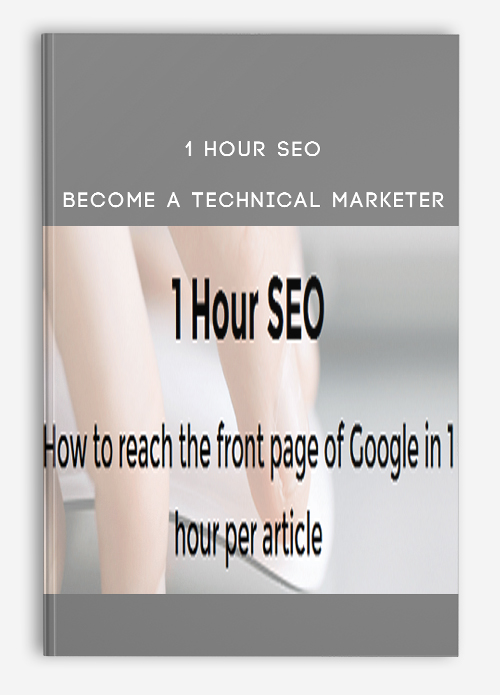

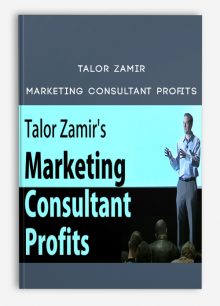

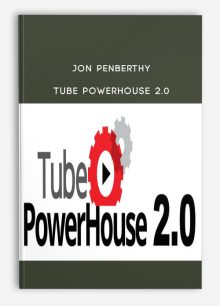
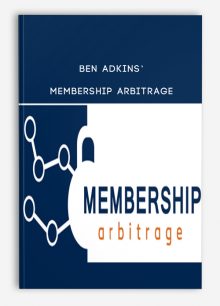
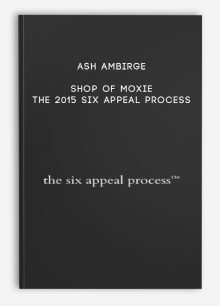
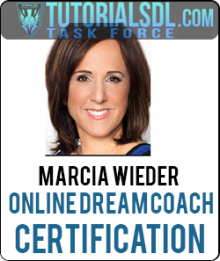
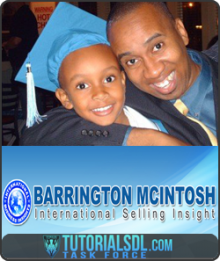
Reviews
There are no reviews yet.